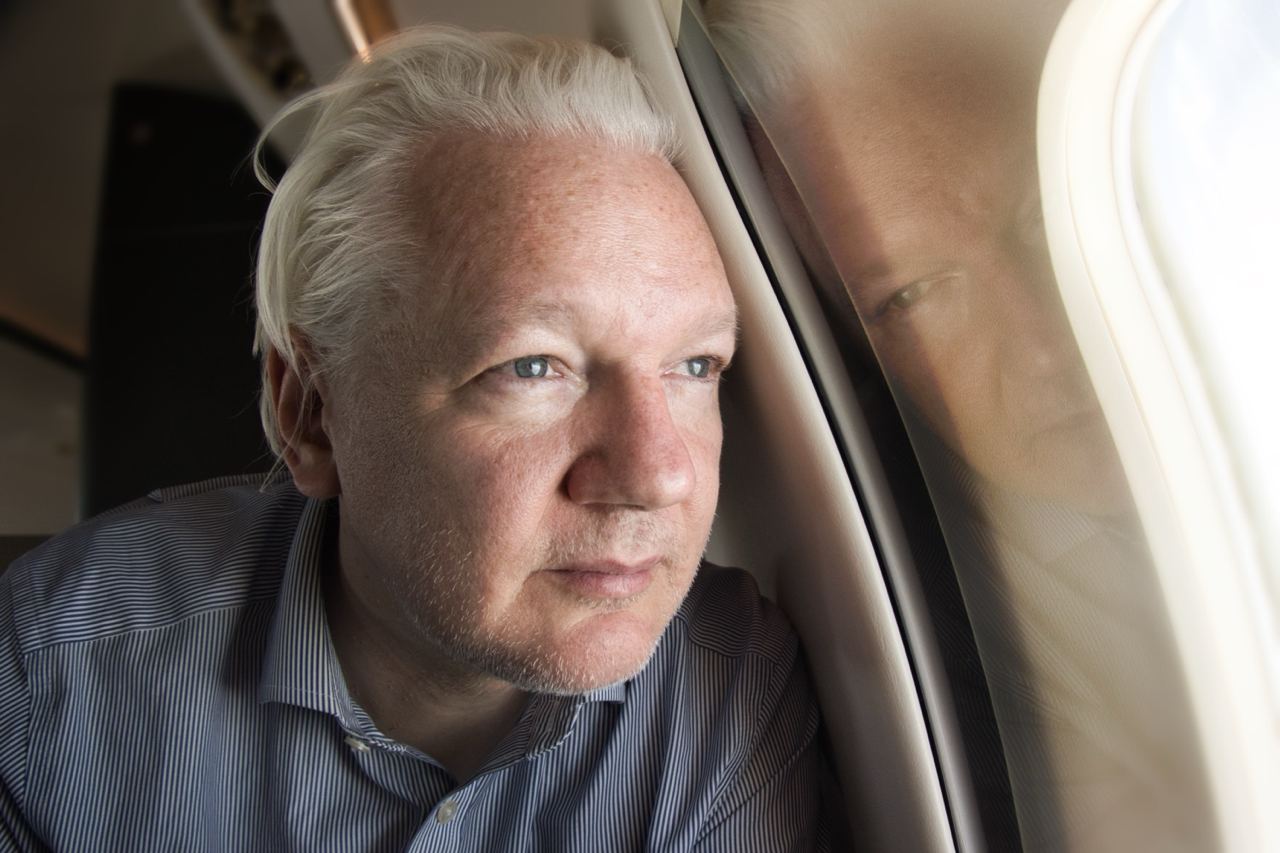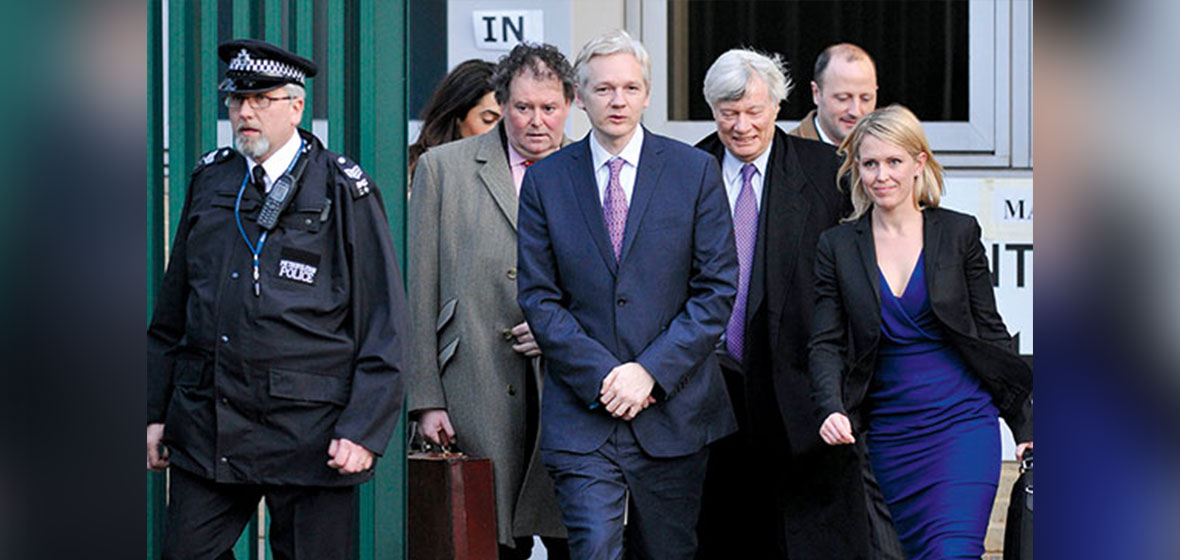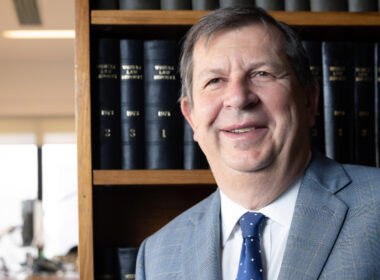There has been no case quite like that of Julian Assange. Multiple legal jurisdictions, high level diplomacy and of course, politics. All of that has led to this. A deal for the WikiLeaks founder to plead guilty to violating United States espionage law and being allowed to return to Australia with time already served.
According to Professor Emily Crawford, Director of the Sydney Centre for International Law at the University of Sydney, because the case against Assange has dragged on for so long, many people forget why the material at the centre of it was leaked.
“It was because … the US was engaging in some highly questionable practices in both Iraq and Afghanistan,” she says.

The deal between Assange and the US Justice Department has drawn in the far-flung US territory of the Northern Mariana Islands, to formalise the conclusion of the matter.
Crawford says this arrangement is reflective of the complex negotiations that must have taken place behind the scenes.
“This was the point that everyone had made about Assange not leaving the Ecuadorian embassy [in London] and not wanting to answer the initial claims in Sweden, was this fear of being removed to mainland US territories where he might have been … subjected to forceful interrogation,” she says.
“I think the idea that it’s happening in the Northern Marianas, which is basically geographically the … closest US territory to Australia that isn’t actually a US state, is indicative of there being some incredibly detailed negotiations that took place to facilitate that.”
Prime Minister Anthony Albanese had publicly stated his desire for the Julian Assange matter to be brought to a conclusion and in September 2023, a cross-party delegation of Australian parliamentarians, including former Deputy Prime Minister Barnaby Joyce, travelled to Washington to lobby for Assange’s release.

Speaking outside court in Saipan, on the Northern Mariana Islands, Assange’s long-time counsel Jennifer Robinson described it as a historic day.
“It brings to an end 14 years of legal battles and finally after 14 years of legal battles, Julian Assange can go home a free man,” she said.
“There has been a global movement behind Julian to protect free speech and it is because of that global movement of support that today’s outcome is possible.”
Robinson also thanked the Australian people and the Australian Government.
“In particular, I want to thank our Prime Minister Anthony Albanese, for his statesmanship, his principled leadership and his diplomacy, which made this outcome possible,” said Robinson.
Bipartisan support key
Crawford says she was surprised at the bipartisan nature of the advocacy that came to surround Assange, given the criticism of the information dump by WikiLeaks in 2010.
“So there were a lot of people who were highly critical of Assange, even though they were standing up for right of whistleblowers, were at the same time saying, ‘ok, well there’s whistleblowing and then there’s actually just being incredibly careless with people’s lives’ (because of concerns the documents had not been vetted to conceal people’s identities).
“In the years that have followed, I have been surprised by the degree of bipartisan support there has been for this,” she says.
Reflecting on why this has happened, Crawford says people came to the conclusion it had gone on long enough.
“There’s just been a sense that, well, he is an Australian citizen and he’s done his time.”
A matter of transparency
Crawford says at its heart, the case comes down to the need for the public to be informed about their nation’s engagement in wars.
“There is this necessity to balance the interests of national security when it comes to fairly major and significant events, such as the prosecution of an armed conflict, with the rights of the public who are funding such events to be allowed to know what’s going on, that this information shouldn’t be secret,” she says.
“In a democracy, everyone has a vested interest in knowing how and why their state behaves in such a way.”




